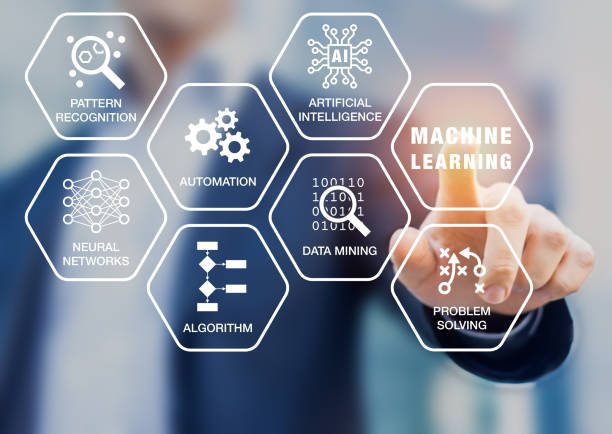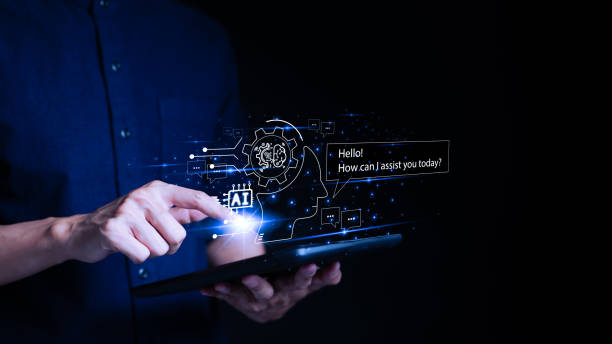In a world where businesses manifest an insatiable desire for innovation and growth, the integration of cutting-edge technologies has surpassed the boundaries of choice and become crucial for success and sustainability. Among these technological advancements, Artificial Intelligence (AI) is at the forefront, changing conventional practices and spreading its transformative influence across industries. Artificial Intelligence is an evolving technology whereby machines and computer systems simulate human intelligence. It is a technology that enables computer systems to perform complex tasks such as create, analyse, decision making and solving problems.
During recent studies conducted by students at Henley Business School, interviews were conducted with 14 C-suite executives and professionals from leading organisations at the forefront of AI adoption. Insights from these interviews and research suggests that there is a general lack of knowledge and understanding about Artificial Intelligence from the general population.
50 % of respondents say that their employees are concerned about job security. The misconception amongst employees is that AI will replace daily human operations and their positions will become obsolete. Although, the respondents expected business disruptions from AI adoption, they also predict meaningful shifts in their workforces. 86% of respondents and the research says that AI will not replace human capital and that AI stills requires human interaction for efficiency and productivity improvements. Respondents recognise that the implementation of AI requires the development of new skills to address shifting talent requirements and an AI mindset among its employees. Based on research, the implementation of AI will change the nature of some jobs and give rise to new opportunities such as engineers, scientists and governance specialists.
50% of respondents state that another misconception is that AI is the solution to everything. AI may offer many potential opportunities; however, it is not the universal problem solver. While AI can handle repetitive tasks, it still lacks the element of human emotion and may struggle with situation-specific human responses. Data and regulations based on input from human experts form the foundation of AI technologies and because people are biased by nature, artificial intelligence is no different. AI is not able to address issues for which it was not designed. It is limited to addressing issues for which it has been specifically trained and programmed using relevant information. Therefore, the utilization of certain models of AI requires human discretion. Not all problems can be solved by AI and some situations will require human consideration and thinking.
By using AI, companies have the potential to make business more efficient and profitable. But ultimately, the value of AI isn’t in the systems themselves but rather in how companies use these systems to assist humans in a way that builds trust and confidence. Benefits of AI include improving customer interaction and personalized customer experience. In a recent Gartner webinar poll of more than 2500 executives, 38% indicated that customer experience is the primary purpose of their AI investments. Benefits include increase in revenue, reduced costs, improved productivity and improved risk management. The manufacturing sector is able to improve product development by creating new products faster such as new alloys, drugs, chemicals and fragrances. The medical sector is utilising AI to get faster and more accurate diagnoses in patients. They are also able to identify which is the best treatment method for specific illnesses. In the financial sector, banks have integrated AI into their systems to analyse millions of transactions to detect fraudulent activity.
As the technology becomes more sophisticated and widespread, the adoption of certain AI models are not without risk. In recent years, increasing concern arises over privacy violations as AI models collect personal data to customize user experiences. Information may also be manipulated to enable unethical or criminal activity. Another concern is that generated content can include inaccuracies and can also be biased. Therefore, it is crucial for organisations to eliminate destructive and biased content by carefully selecting the initial data that is used to train their models. In the same research conducted by Henley Business School students, 40% of respondents indicated that their organisations have implemented governance structures to ensure data governance, transparency and accountability. Ensuring accountability, responsibility and strong cyber-security for the use of AI is also crucial to reduce risk of misinformation, cyber-attacks, and unauthorized access to data.
To conclude, AI plays a crucial role by taking care of tedious and repetitive tasks, empowers staff and helps employees re-invent themselves to do more meaningful and creative tasks. Employees should leverage AI as a tool to improve efficiencies and spark creativity. Every organization should consider the potential impact of AI on its strategy and investigate how this technology can be applied to the organization’s business problems. In the near future, it will become a competitive advantage and differentiator.





